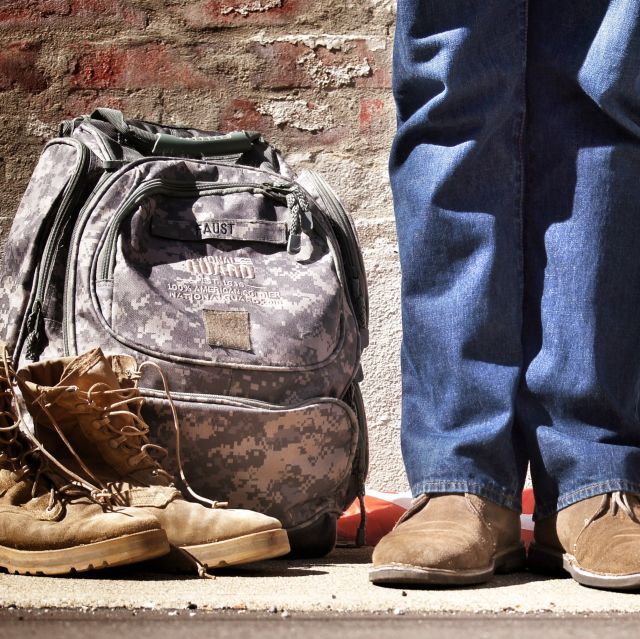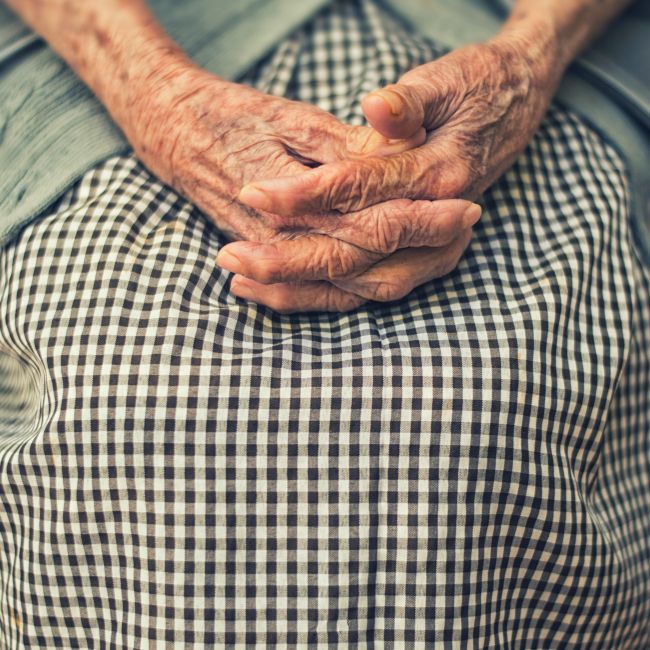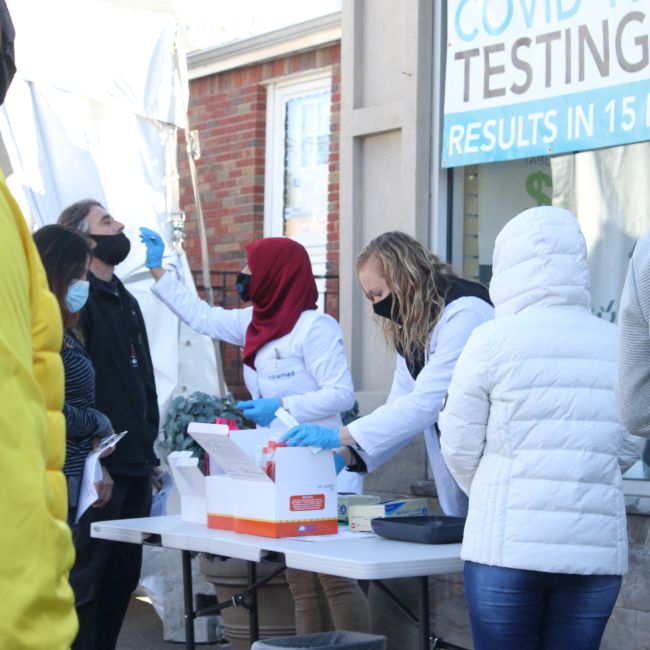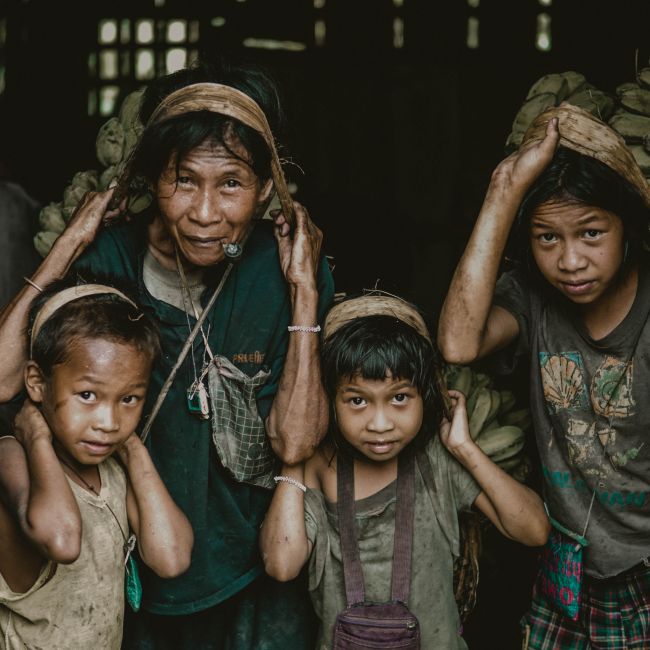Health Humanities Portrait Repository
Featured portraits and resources for doing your own.
View full repository
Helpful Resources Heading link
-
General
-
For faculty
-
For students
Featured Health Humanities Portraits Heading link
-
Details
 Benjamin Faust
Benjamin FaustLife Without Shelter in the United States: Veterans and Homelessness explores the specificity and the commonality of being homeless as a veteran. The portrait covers historically significant issues including the meanings of homelessness; the indignity of reliance on inadequate or poorly organized social services; the role of addiction and mental health concerns; housing instability and discrimination; work and the labor market; stereotypes and the stigma associated with homelessness; and the social obligation to veterans.
-
Details
 John Reed
John ReedRural Populations: Using Performance Studies to Understand Treatment and Access to Care identifies the challenges and differences related to privacy and geographical access in the delivery of health care in a rural or remote setting.
-
Details
 Thomas Ashlock
Thomas AshlockReading the Racial Politics of Guns in America explores the contested politics of American firearms. It addresses the complex tensions of race relations, health and injury, and the lethal consequences of gun ownership. The portrait allows students to think critically about the various justifications for gun ownership, the role stereotypes play in those justifications, and the larger implications gun policies have on public health and individual health.
-
Details
 Hisham Zaya
Hisham ZayaSocial Suffering and the Fallacies of Medical Prognosis examines how the decisions of patients to end their medical treatment and their lives because of suffering are often based on the social and structural barriers they face.
-
Details
 Claudio Cruz
Claudio CruzIdentity at the Intersection of Gender and Religion among Mexican-American Women in Chicago explores how individuals are expected to navigate a variety of social roles—such as their gender, age, and vocation–in their everyday lives. This Health Humanities portrait uses a “dramaturgical analysis,” derived from performance studies, to explore how social roles influence our understandings and experiences of health, well-being, and illness.
-
Details
 Cristian Newman
Cristian NewmanAging, End of Life, & Narrative Ethics examines the social, systemic, economic, racial/ethnic, geographic, relational, and developmental stages of a patient’s life that influence care in older age and at the end of life.
-
Details
 Jakayla Toney
Jakayla ToneyRacial Disparities in Pandemic Care probes the historical roots of racial disparities during the COVID-19 pandemic in the US, especially with regard to medical access and quality of care, housing, and police brutality.
-
Details
 The Center on Colfax
The Center on ColfaxThe Medicalization of Trans Lives uses the critical analytic approach of Disability Studies to explore medicalization as a social issue that impacts trans identity. The portrait helps learners understand how the concepts often marshaled in discussions of trans health–such as diagnosis, cure, and treatment– can actually lead to disparities in trans health and healthcare.
-
Details
 Elias Castillo
Elias CastilloImmigration and Identity investigates the social, political, and historical forces that contribute to migration, and the social and cultural practices that impact identity, embodiment (mental and physical health and ability) and belonging. With a focus on migrants’ story-telling, this portrait probes the relationships amongst migrants, including the different social and familial bonds that are formed through displacement.
-
Details
 Zeyn Afuang
Zeyn AfuangGlobal Poverty and Women’s Health explores issues of maternity as they intersect with the legacy of colonialism and post-colonial population health. Using the lens of historical analysis, the portrait looks at issues of poverty, structural violence, single motherhood, women’s social support, and women as the bearers of the nation.